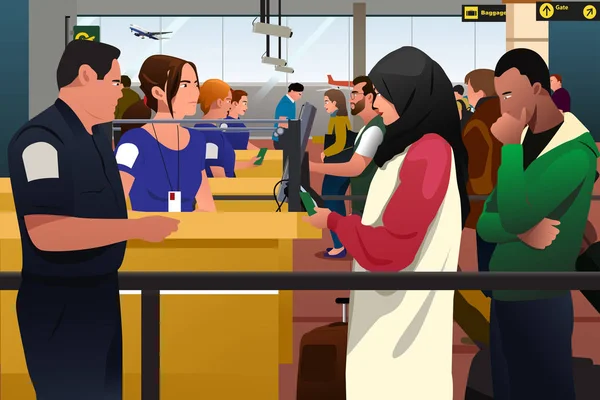Immigration is a complex issue that involves legal, social, and economic aspects. With globalization and the increasing movement of people across borders, there is a growing need for international laws and regulations to govern immigration. International law plays a crucial role in shaping immigration policies and practices around the world. In this article, we will explore the role of international law in immigration and its impact on the global community.
What is International Law?

International law refers to the set of rules, principles, and agreements that govern the relations between states and other actors on the international stage. It is based on treaties, conventions, and customary practices that are recognized by the international community. International law covers a wide range of issues, including human rights, trade, security, and the environment. One of the key areas where international law has a significant impact is immigration.
The Role of International Law in Immigration
International law provides a framework for regulating immigration and ensuring that the rights of migrants are protected. It sets out the principles and standards that states must follow when dealing with immigration issues. Some of the key areas where international law comes into play in immigration include:
- Refugee Protection: International law provides protection for refugees who flee their countries due to persecution, war, or violence. The 1951 Refugee Convention and its 1967 Protocol set out the legal framework for protecting refugees and ensuring that they are not returned to a country where they face persecution. These laws also require states to provide refugees with access to education, healthcare, and other basic rights.
- Human Rights: International human rights law applies to all individuals, regardless of their immigration status. This means that states must respect the rights of migrants and refugees, including the right to life, liberty, and security of person, the right to freedom of movement, and the right to work and education. States must also ensure that migrants and refugees are not subject to arbitrary detention or forced labor.
- Family Reunification: International law recognizes the importance of family unity and allows migrants to reunite with their families in other countries. The International Covenant on Civil and Political Rights and the International Covenant on Economic, Social, and Cultural Rights both recognize the right to family life and require states to facilitate family reunification.
The Impact of International Law on Immigration
The impact of international law on immigration can be seen in several ways. First, it provides a legal framework for regulating immigration and ensuring that the rights of migrants and refugees are protected. This helps to prevent abuses and provides a basis for holding states accountable when they violate the rights of migrants.
Second, international law promotes cooperation and collaboration between states on immigration issues. This is particularly important in cases where large numbers of migrants are moving across borders. International law provides a framework for states to work together to address these issues and to ensure that migrants are treated fairly and humanely.
Finally, international law helps to create a more stable and predictable environment for migrants and refugees. By providing clear rules and standards, international law reduces uncertainty and helps to ensure that migrants and refugees are able to access their rights and entitlements.
International law plays a critical role in shaping immigration policies and practices around the world. It provides a legal framework for regulating immigration, protecting the rights of migrants and refugees, and promoting cooperation and collaboration between states. As the movement of people across borders continues to increase, it is essential that international law continues to evolve and adapt to meet the changing needs of the global community.

